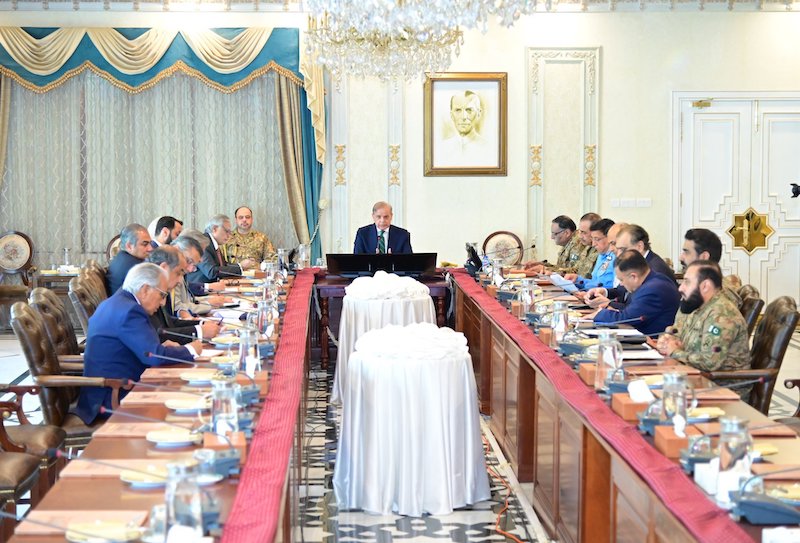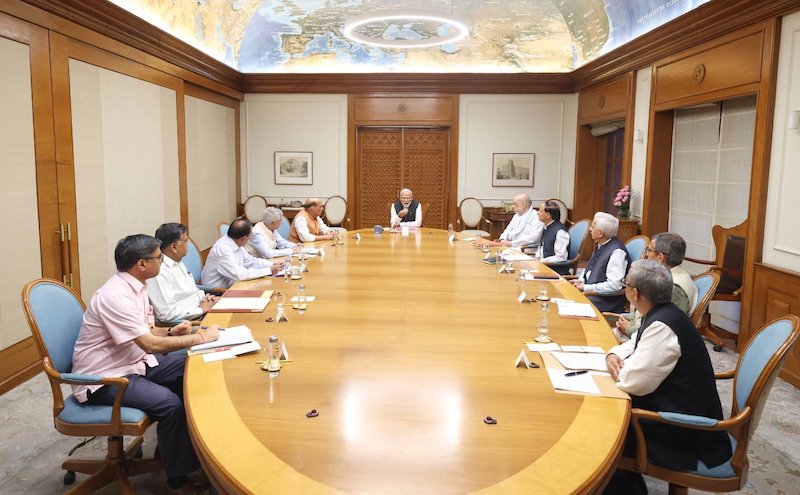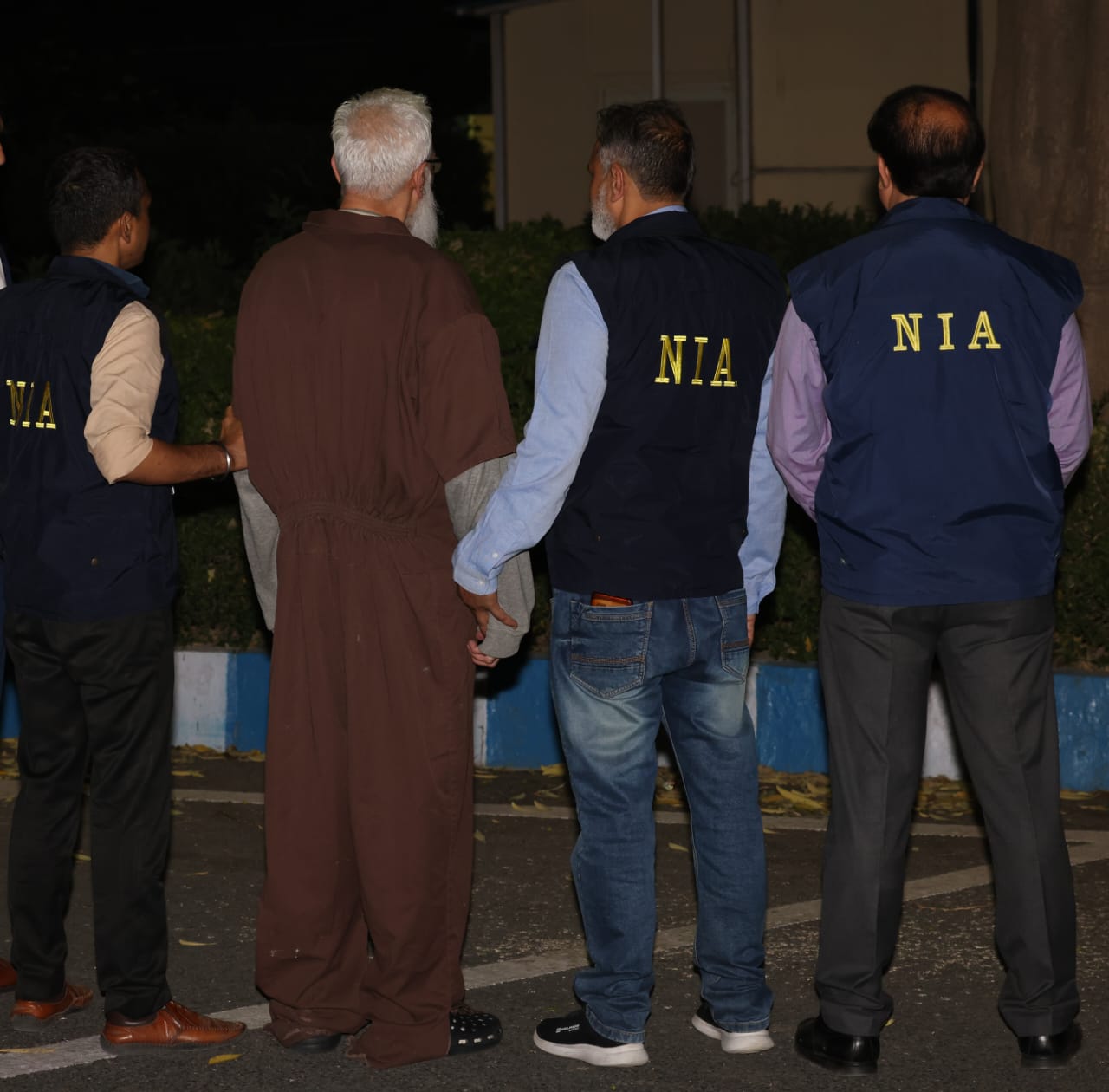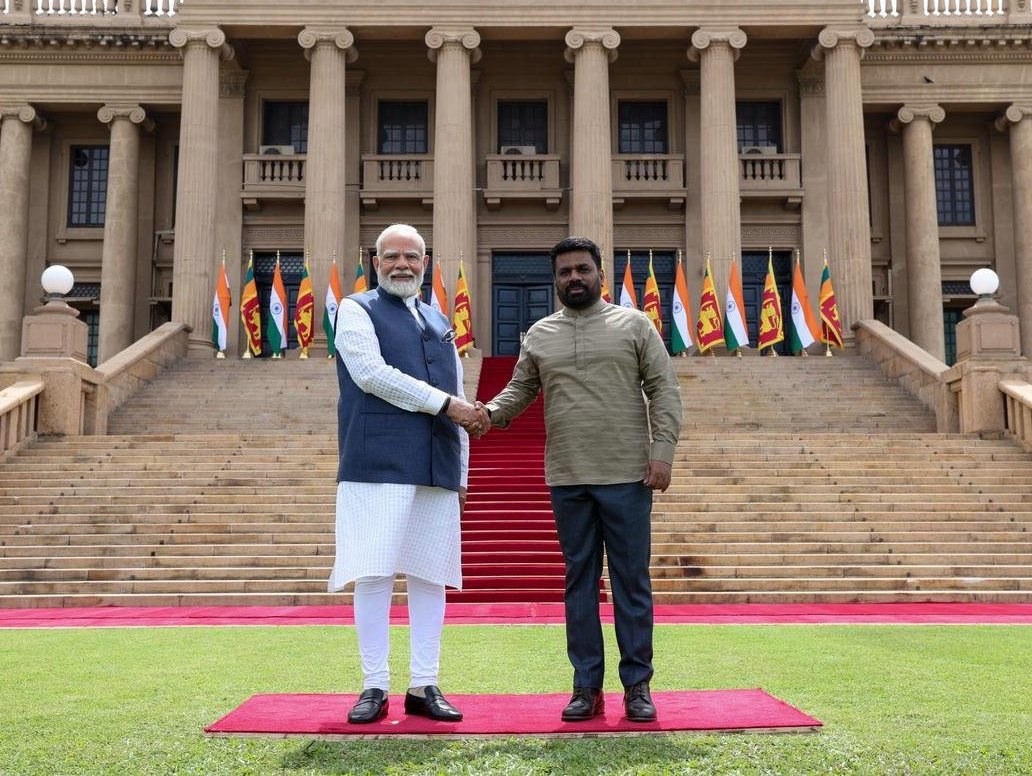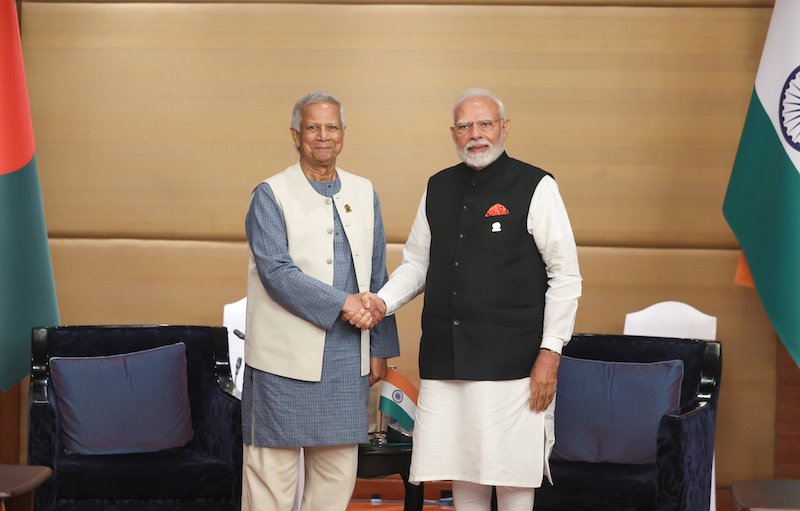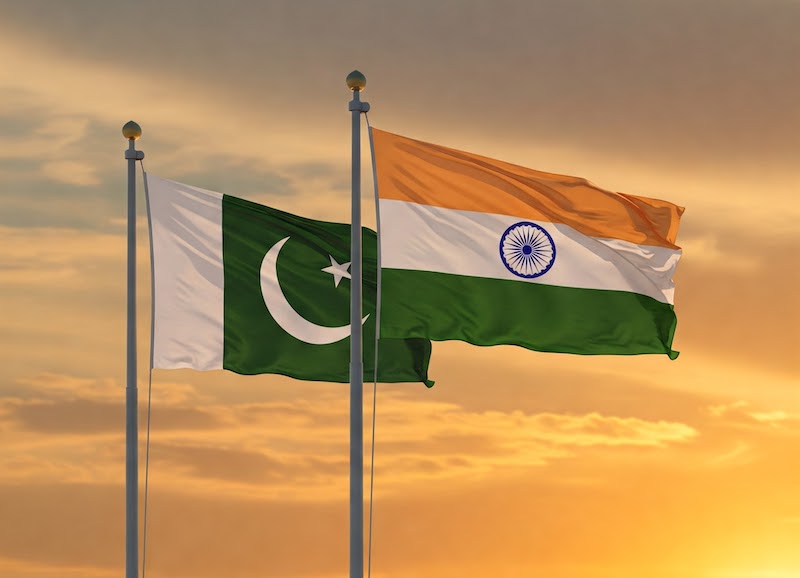
New Delhi: After India’s move to keep the Indus Water Treaty in abeyance and downgrade diplomatic and trade ties with Pakistan following the devastating terror attack on tourists in south Kashmir’s Pahalgam, on Tuesday, Islamabad too announced tit-for-tat actions against New Delhi, on Thursday. This included the suspension of the 1972 Shimla Agreement, which the-then prime minister, Indira Gandhi, signed with the-then Pakistani president, Zulfikar Ali Bhutto, after India’s victory over Pakistan in the 1971 India-Pakistan war.
On Thursday, Pakistan’s National Security Committee, chaired by the country’s prime minister, Mian Muhammad Shehbaz Sharif, convened to deliberate on India’s unilateral actions. The NSC condemned India’s suspension of the IWT, labelling it as “unjust, politically motivated, and devoid of legal merit”, as India Sentinels had reported earlier.
Consequently, Pakistan announced the suspension of the 1972 Shimla Agreement, a foundational document governing bilateral relations between the two nations. The NSC declared that all bilateral agreements with India, including the Shimla Agreement, would be held in abeyance until India ceases its alleged support for terrorism inside Pakistan and adheres to international law and United Nations resolutions on Kashmir.
Further retaliatory measures included the closure of the Wagah border post, suspension of all cross-border transit from India, and the closure of Pakistani airspace to Indian airlines. These actions signified a complete breakdown in diplomatic and political engagement between the two countries.
Understanding the 1972 Shimla Agreement
The Shimla Agreement, signed on July 2, 1972, in Shimla, Himachal Pradesh, was a peace treaty between India and Pakistan following the 1971 India-Pakistan Liberation War of Bangladesh. In that war, India scored an emphatic victory over Pakistan and helped the birth of a new nation, Bangladesh. The war also saw India taking over 93,000 Pakistani prisoners of war.
The agreement was signed by the-then prime minister, Indira Gandhi, and the-then president of Pakistan, Zulfikar Ali Bhutto, on July 2, 1972.
The primary objective of the Shimla Agreement was to lay the foundation for peaceful bilateral relations and to resolve conflicts through dialogue. The key provisions included:
Commitment to Peaceful Resolution – Both nations agreed to resolve their differences through peaceful means and bilateral negotiations, refraining from the threat or use of force.
Respect for the line of control (LoC) – The agreement emphasized respect for the LoC in Jammu & Kashmir, with both sides committing to its inviolability without prejudice to the recognized position of either side.
Withdrawal of Troops – Both countries agreed to withdraw their forces to positions held prior to the conflict, with India returning over 13,000 square kilometers of territory captured during the war.
Non-Interference in Internal Affairs – The agreement underscored the principle of non-interference in each other's internal matters, promoting mutual respect for sovereignty and territorial integrity.
Although Pakistan has violated the Shimla Agreement innumerable times by seeking third-party intervention in bilateral disputes with India, especially Kashmir, the 1972 pact signed in the capital of Himachal Pradesh has been a cornerstone of India-Pakistan relations, which served as a framework for diplomatic engagement and conflict resolution. Its suspension by Pakistan marks a significant departure from decades of adherence to bilateral dialogue as the primary means of addressing disputes.
Future of India-Pakistan Ties
The current diplomatic crisis, triggered by the Pahalgam terror attack and subsequent retaliatory measures, has plunged India-Pakistan relations into a state of heightened tension. The suspension of both the Indus Waters Treaty and the Shimla Agreement signifies a collapse of the foundational frameworks that have historically governed bilateral interactions.
With diplomatic channels severed, borders closed, and mutual accusations of terrorism support, the prospects for immediate reconciliation appear bleak.

